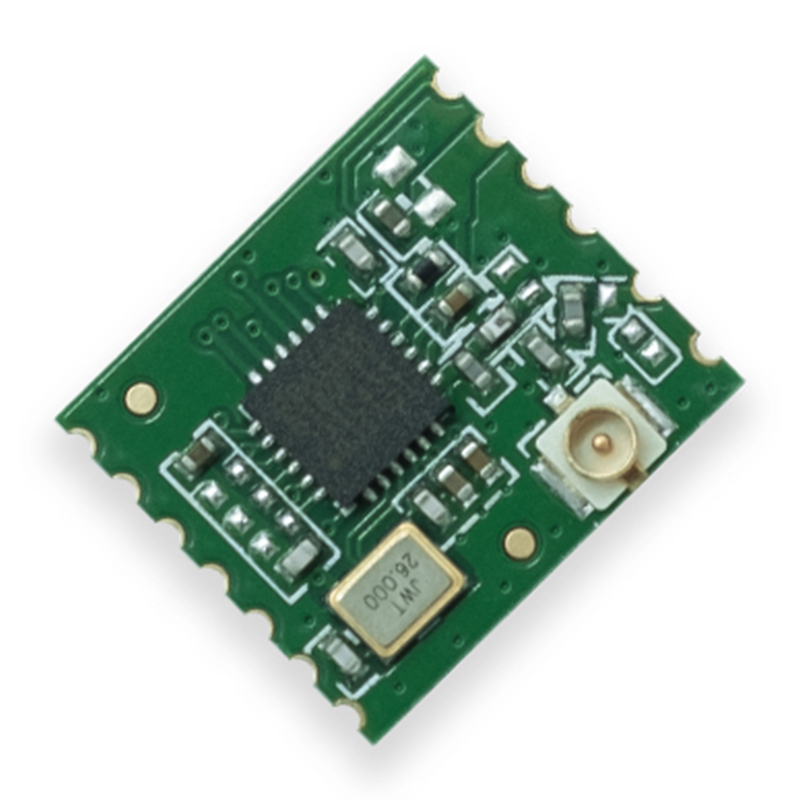Wi-Fi has become an indispensable part of our daily lives, keeping us connected and enabling easy access to the vast world of information. Behind this seamless wireless connectivity lies a complex system composed of three significant elements. In this article, we will delve into these elements, namely connectivity, speed, and security, to gain a better understanding of how Wi-Fi works and its importance.

Connectivity forms the backbone of Wi-Fi technology, allowing devices to establish a wireless connection with each other and with the internet. At its core, connectivity is achieved through the use of radio waves. Wi-Fi-enabled devices, such as smartphones, laptops, and tablets, rely on wireless signals to communicate with routers or access points, bridging the gap between the physical and digital worlds.
Speed is a crucial factor for users when it comes to choosing their Wi-Fi connection. It determines how quickly data can be transmitted and received, influencing the overall browsing and downloading experience. The speed of a Wi-Fi network depends on various factors, including the Wi-Fi standard being used (such as 802.11ac or 802.11ax), the frequency band (2.4 GHz or 5 GHz), and the proximity to the router. Faster Wi-Fi speeds result in smoother streaming, faster downloads, and improved performance for bandwidth-intensive activities like online gaming or video conferencing.
As Wi-Fi becomes more prevalent, ensuring the security of wireless networks has become ever more critical. The security element of Wi-Fi technology is designed to protect data transmitted over the airwaves from unauthorized access and potential threats. Encryption methods, such as Wi-Fi Protected Access (WPA) and WPA2, add an additional layer of security by safeguarding communications between devices and networks. It is essential for users to secure their Wi-Fi networks with strong, unique passwords to prevent unauthorized access and maintain privacy.
Wi-Fi technology has revolutionized the way we connect and access information. Its three essential elements, connectivity, speed, and security, work hand in hand to create a seamless and secure wireless experience. Understanding these elements provides us with the knowledge to optimize Wi-Fi networks for reliable connections, faster browsing speeds, and secure data transmission. With continuous advancements in Wi-Fi technology, these elements will continue to evolve, enhancing our wireless experiences in the years to come.
 Trolink Joint With Tuya to Make Iot Benefit Every Family
Trolink Joint With Tuya to Make Iot Benefit Every Family
 5 Key Indicators for WiFi Module Selection You Have to Know !
5 Key Indicators for WiFi Module Selection You Have to Know !
 IOT module is the brain of smart products
IOT module is the brain of smart products
 What is the signal coverage range of the WiFi module chip?
What is the signal coverage range of the WiFi module chip?